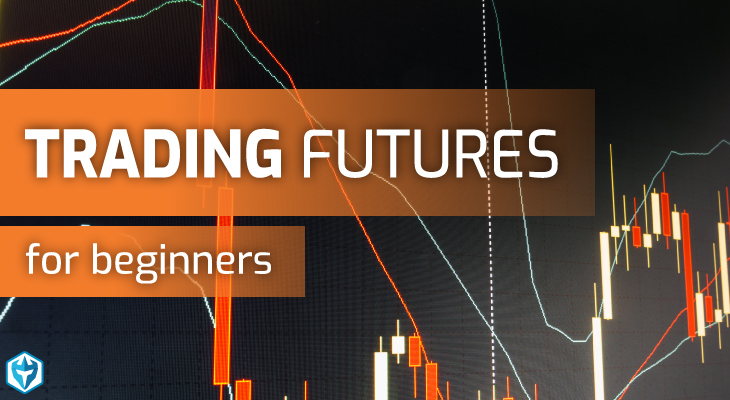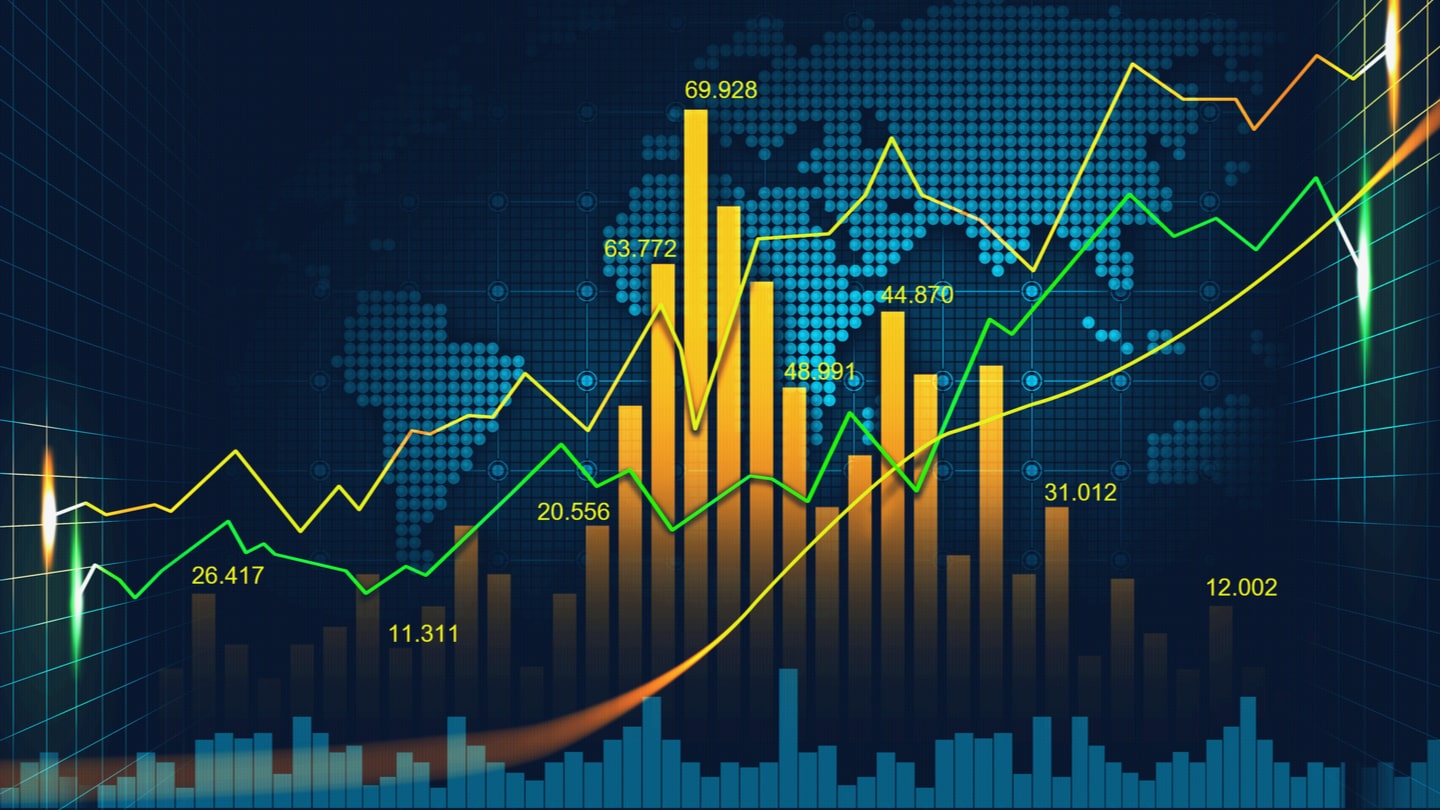Commodity Futures Trading

In economic jargon, a commodity is a non-monetary good, normally a basic resource, which has significant or almost complete fungibility: that is, that the marketplace treats cases of this good as equal or nearly so in terms of production to those of other goods. The most common of all commodities is money. Money is typically defined as a negotiable instrument, with a value independent of both its use and the fact that it exists. It can therefore be both a direct source of wealth creation and an indirect means through which it can be disposed of. This dual nature of money, however, is not inherent in all forms of commodity.
Commodity production involves the extraction of resources from the earth’s surface and processed into a form useful for commerce. Major components of commodity tradable in the markets include agricultural products such as grains, livestock, fruits, and vegetables, fish and meat, and electrical products such as petroleum, coal, iron ore, coal, and wheat. Among these products, grain is the most commonly traded item, accounting for more than 72% of global agricultural production. Although most grain is traded between nation-states, there are many inter-continental trade relations between different commodities.
Although agricultural commodities do not account for the vast majority of global commodities traded in the open markets, they do account for a large amount of trading activity on the Forex market. Foreign exchange traders usually place long positions on the commodities market when they expect that the prices of the underlying grain, currency, or other underlying asset will rise. When the prices rise, the traders make a profit by selling the futures contracts that they had bought at a lower price. However, because traders also occasionally purchase futures for holding periods in excess of one year, the actual commodity prices may fall on days when the volume of trading is high and the volume of buying is low. This process of buying and selling of futures contracts is called margin trading and occurs in the margin accounts of many investors worldwide.



